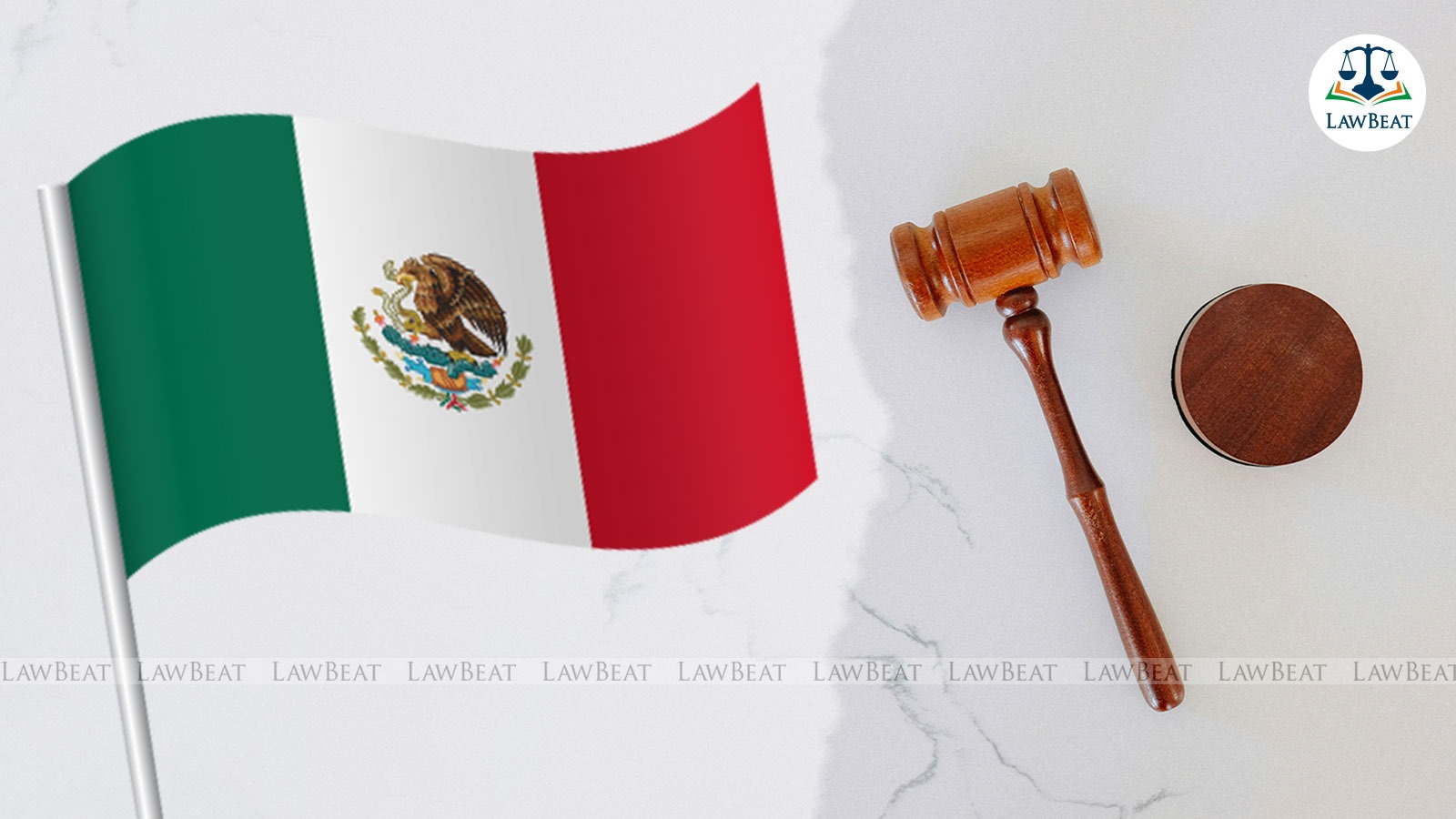'Lawmakers Decide Law Interpreters Will Also Be Elected' : Mexico Becomes First Nation to Approve Democratic Election of Judges at All Levels

President López Obrador intends to sign the constitutional change into law during Mexico’s Independence Day celebrations on September 30
Mexico has made history by becoming the first country to approve the democratic election of judges at all levels. This unprecedented reform, passed by lawmakers on Wednesday, allows voters to elect not only local and high-level judges but also Supreme Court justices, marking a significant overhaul of the judiciary.
The nation is set to amend its constitution this weekend to require the election of all judges, a judicial overhaul championed by outgoing President Andrés Manuel López Obrador but criticised by opponents as a threat to the rule of law. The amendment passed Mexico’s Congress on Wednesday, and by Thursday, it had been ratified by the required majority of the country’s 32 state legislatures. López Obrador is expected to sign the constitutional change on Sunday, coinciding with Mexico’s Independence Day celebrations. This timing allows the president to present the overhaul as a key part of his legacy before he leaves office on September 30.
This sweeping judicial reform, which will see around 1,600 judges standing for election in 2025 or 2027, was approved by Mexico’s upper chamber on Wednesday. The reform passed with 86 votes in favor and 41 against, achieving the two-thirds majority needed to amend the constitution. The ruling Morena party and its allies led the effort to pass the law.
While the reform has been hailed as a step toward greater democratic participation, it has also ignited significant protests. Opponents, including court employees, law students, and human rights groups, have raised concerns that electing judges could expose them to undue influence, particularly from criminal organisations. Critics also argue that the move weakens checks and balances and makes it easier for criminal organizations to exert influence over the courts.
Critics also argue that electing judges in a country where powerful drug cartels regularly influence public officials through bribery and intimidation could further entrench criminal control over the judiciary. Supreme Court Chief Justice Norma Pina warned that the reform might weaken the judiciary's ability to resist such pressure, stating, “The demolition of the judiciary is not the way forward.”
The reform's approval process faced disruptions from protestors who blocked debate in both houses of Congress. Demonstrators stormed the upper house during the discussions, forcing lawmakers to relocate to continue the vote. Senate leader Gerardo Fernandez Norona called a recess after protestors entered the chamber, chanting against the bill, but lawmakers resumed the debate in another building.
President López Obrador, a vocal advocate of the reform, has dismissed these concerns, stating that the judicial system has long served the interests of the political elite. He defended the reform, stating that that the judiciary is currently controlled by powerful figures who benefit from its lack of accountability. “What most worries those who are against this reform is that they will lose their privileges,” Obrador said, adding that the changes would combat corruption in a system he believes serves “white-collar crime.” The President emphasised that the overhaul was a way to ensure greater transparency and accountability, claiming that it will ultimately benefit the public. "This is a key step in cracking down on corruption," he said, rejecting the notion that it would harm the judiciary.
